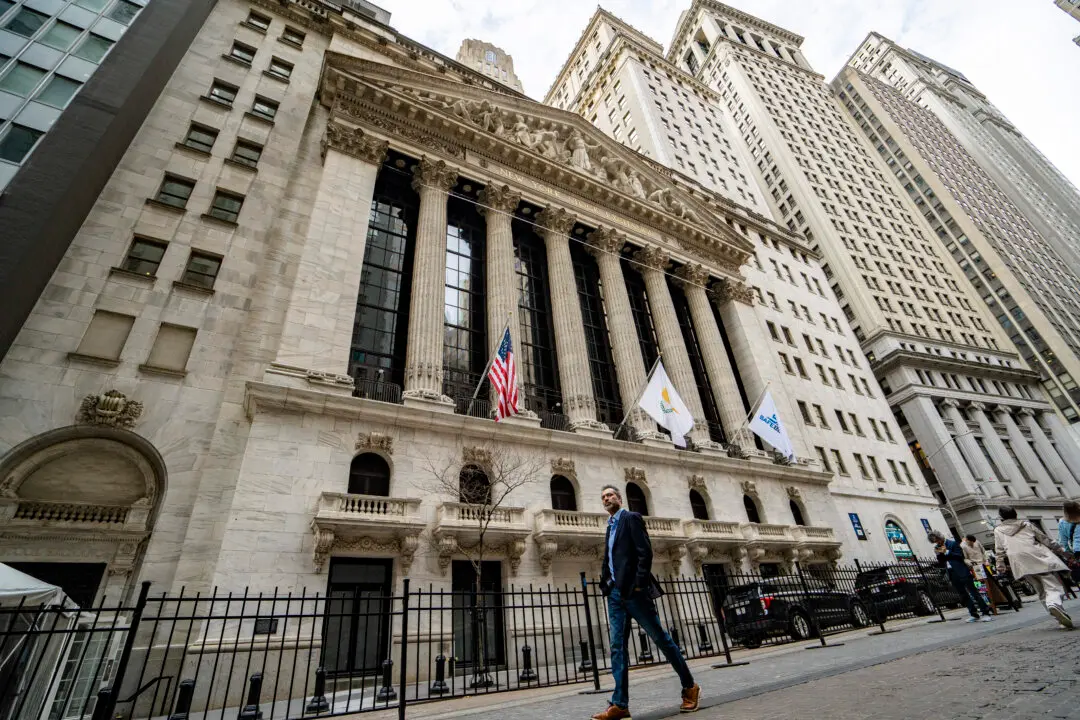DeepSeek’s artificial intelligence models rocked the financial markets earlier this week as Wall Street potentially recalculates massive investments in the new tech field.
The Chinese upstart was the centerpiece of Meta’s and Microsoft’s Jan. 29 earnings reports and will likely play an outsized role in other upcoming conference calls among the industry’s titans.





